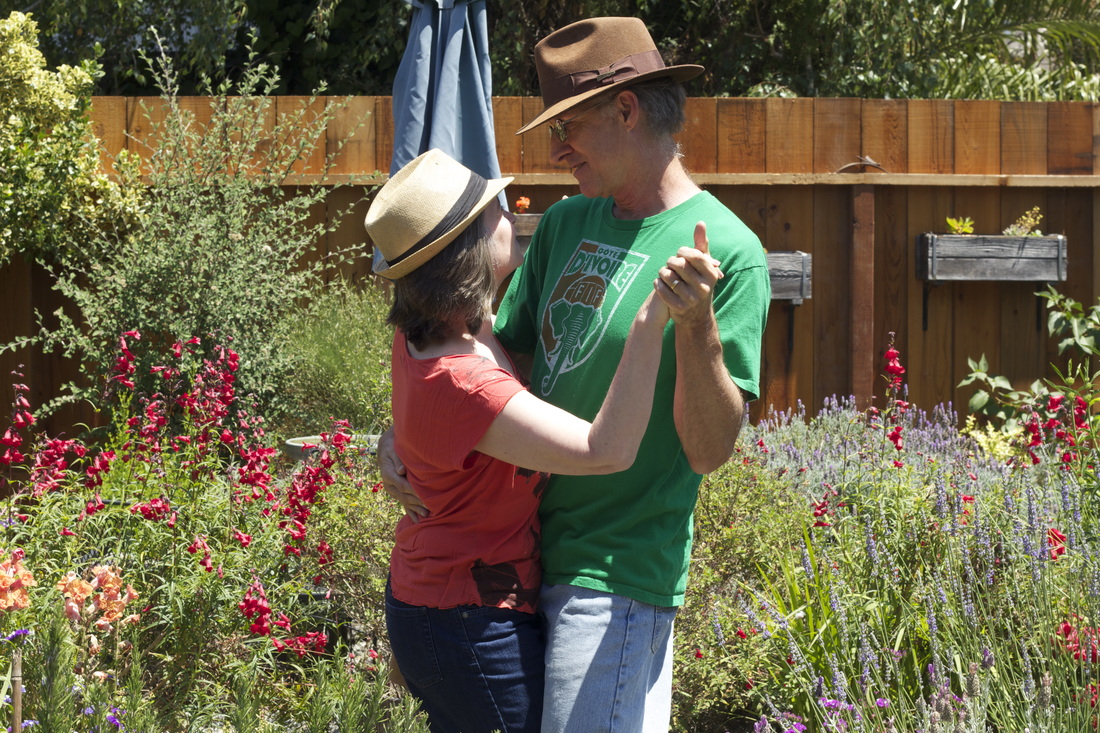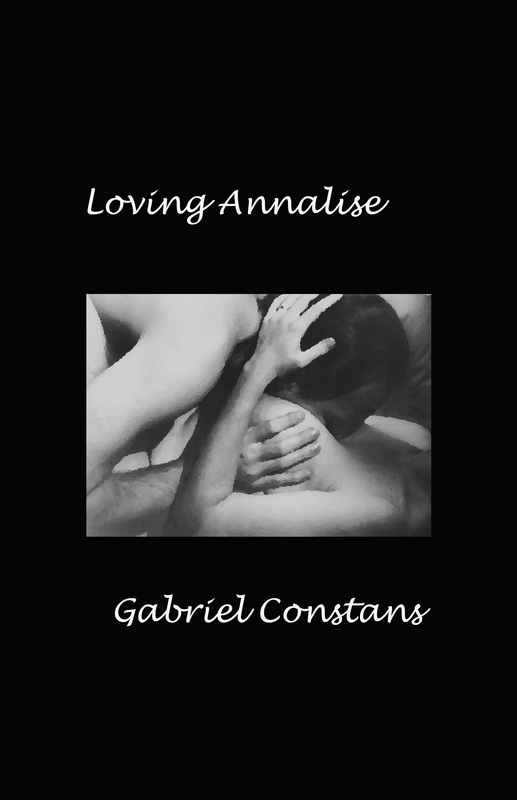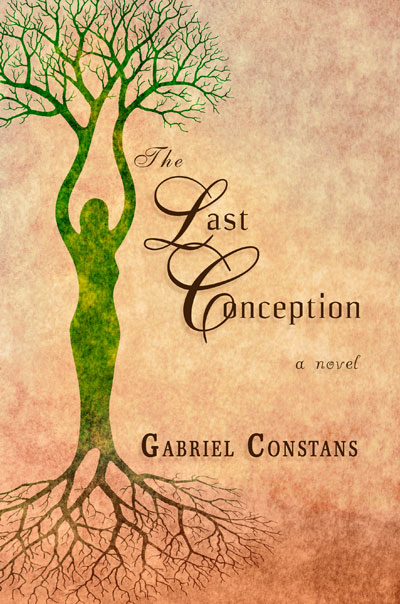Raised in a lumber town in Northern California, where father worked in the mills for over 40 years. Mother worked as a bookkeeper, later remarried and took in 9 foster sisters and 1 foster brother. Biological sister lives and works in same town.
Been writing since first publishing an alternative newspaper in high school against the Viet Nam war, for civil rights and sex education, for which I was threatened with arrest. Am practicing parent for 5 adult children (2 adopted) and 4 grandchildren.
Tell us about your latest book.
Loving Annalise is based on a true story for a woman I used to work with at hospice. She was kind enough to sit down with me for extensive periods of time and tell me about her life, which I then made into a fictional romance (keeping many of the actual events that took place).
What do you have coming out in the future?
I’ve been teaching about mindfulness meditation and mental health for loss and trauma for almost 40 years, and will start to put together a book about it next year.
Is your book a stand-alone or a series?
Loving Annalise is a stand-alone romance.
Why romance and what makes your particular brand of romance special?
Love and sex are two wonderfully pleasurable aspects of living. Loving Annalise is not only unique, because a lot of it is true, but also because it involves a lot of background and insight into the characters and how Annalise eventually has the courage to stand on her own and be the person she chooses.
Is romance the only genre that you write in or do you write in other genres? If so what other genres do you write in?
All of my romances, Loving Annalise, The Last Conception and Buddha’s Wife, have twists and turns that are not usually found in most romantic genres. I also write children’s fiction and non-fiction for adults, that include books about grief, loss and trauma, sexuality and smoothies. I also write screenplays.
The primary inspiration for my stories come from personal and family experiences and people I admire, some publicly known and other’s close friends and role models (such as my Judo and Jiu-Jitsu teacher Prof. Jane Carr).
Do you ever base your characters on real people in your life?
All the time. Observing people I’ve known in the past and present, and situations and families I’ve been involved in through work in hospice, hospital, coroner’s office, prisons, etc., are a big part of what brings my character’s to life and makes them realistic, flawed and believable.
What authors inspire your writing?
A variety of writer’s have, and do, inspire me. Bell Hooks, Alice Walker, James Baldwin, Isabelle Allende, Ruth Ozeki, Pat Conroy, Chitra Divakaruna, and Zora Neal Hurston are the first that come to mind.
How have your real life experiences influenced your writing?
I’ve been married three times, once when I was very young. Each marriage, and other relationships in-between, have influenced who I am and how I see the world. Each partnership provided emotional, physical and psychological experience that shaped who I am and how I write.
What do you like to do when you are not writing?
Some of the things I enjoy are film, reading, playing music, gardening and sculpting stone.
How did you come up with the title of your book?
Loving Annalise captures both the reality of other people wanting Annalise, as well as her learning to love herself.
Two of my favorite books are Their Eyes Were Watching God by Nora Zeal Hurston, and Communion by Bell Hooks. The first book is so amazing at portraying an individual, time and place, with which I would never have contact or knowledge, and bringing the character’s to such life, that they felt real. The second, taught me about myself and feminism, in ways I had not imagined.
What celebrity would you chose to play the main character(s) in the movie rendition of your book?
For Loving Annalise I’d like Yvonne Maria Schaefer to play Annalise. For The Last Conception, which I’ve written the screenplay for, I’d love to see Archie Punjabi play Savarna.
What is the hardest part of the writing process for you?
The most difficult aspect of writing, for me, is editing, and knowing when enough is enough.
What is the easiest part of the writing process for you?
The easiest aspect of writing is developing story ideas.
Which of your characters is your favorite and why?
One of my favorite character’s is Yasodhara, in Buddha’s Wife. She is left in the throes of grief, and learns how to not only survive and carry on, but also develops great insight and compassion for others.
What is your favorite quote?
“Life is what happens to you while your busy making other plans.” John Lennon
Wild Card Question.
As an author, what is the one question that you wish people would ask you, but no one ever has and what would your answer be to that question
Nobody has ever asked whether writing has any personal, cultural or societal importance for living and if so, how?
Personally, writing helps me externalize what is going on in my head and heart and have a better perspective. Culturally, writing keeps our history alive and in the consciousness of the human race. Society uses writer’s for information, pleasure and escape; all of which have their place and time.





 RSS Feed
RSS Feed
